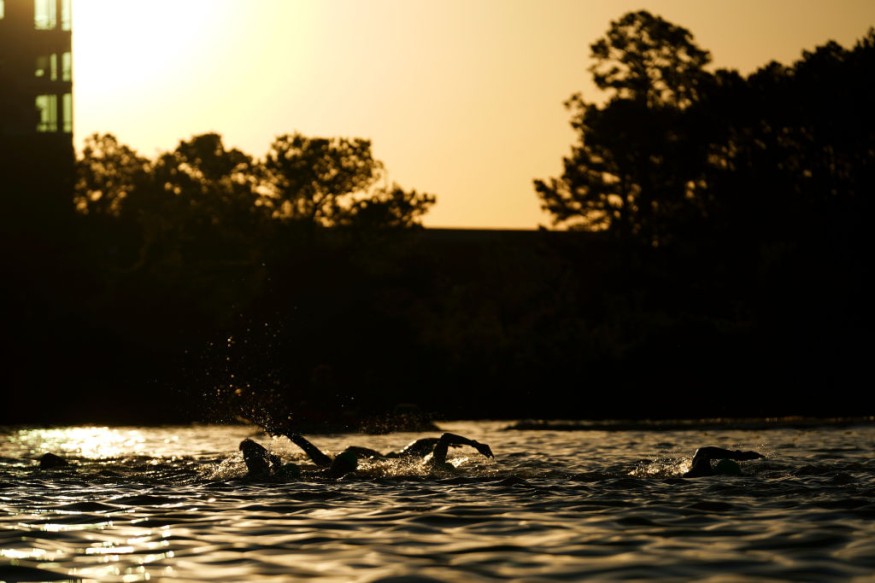An individual in Texas died from an infection of brain-eating amoeba after swimming in a lake in Austin, reports revealed.
Recently, portions of the U.S. experienced high temperatures, including in Texas and the Southeastern U.S. Heat-related health advisories were also issued in the affected areas.
Meanwhile, public health officials warned people to swim in freshwater as warmer and soaring temperatures could likely grow harmful organisms.
Deadly Brain-Eating Amoeba in Austin, Texas

The press release did not identify the Travis County resident who died from the deadly brain-eating amoeba after swimming in Lake Lyndon B. Johnson this month.
Brain-eating amoeba is considered very rare. The infection could become very life-threatening.
In Texas, 39 were reported to suffer from amebic meningoencephalitis.
Based on the CDC's report, the brain-eating amoeba can be found in the following water:
- Lakes
- Hot Springs
- Rivers
Reports showed that at least one in three people in the U.S. gets infected by the deadly Naegleria fowleri.
Meanwhile, the Austin Public Health reminded swimmers of possible risks in freshwaters, such as amebic infections.
Once people get infected by swallowing the contaminated water, they will likely feel the following symptoms:
- Fever
- Nausea
- Vomiting
- Stiff Neck
- Seizures
- Other symptoms of amoeba are trembling, coma and confusion.
The infections could result in severe illness. Affected people should immediately seek medical attention as the condition is life-threatening.
People should always be careful with untreated geothermal waters and springs, which are primary homes of the deadly amoeba.
In August, NWN also reported the same infection after an individual died due to the rare brain-eating amoeba in Georgia.
Staying safe from the possible infection of brain-eating amoeba
As record-high temperatures unfold in parts of the U.S., the rare case of amoeba infection could be likely.
Here are essential reminders to stay safe and avoid exposure to Naegleria fowleri.
The harmful organism emerge in low water levels or higher temperatures. In the warmer season this September, people should take possible precautions.
Homeowners should look after their children and advise them to avoid swimming in freshwater, especially during warmer months.
Swimmers should always keep their heads above the water if they plan to swim in these areas. When you swim underwater, it can pose a risk of infection.
People should also avoid digging the sediment, which could have the amoeba.
According to the CDC, young boys are mostly at risk of amoeba infection as they participate more in outdoor water activities in freshwater.
Related Article : Rare Infection 'Brain-Eating Amoeba' Kills Georgia Resident After Likely Swimming in Freshwater
For more similar, don't forget to follow Nature World News.
© 2025 NatureWorldNews.com All rights reserved. Do not reproduce without permission.





